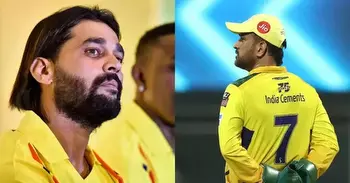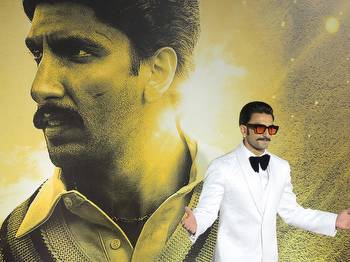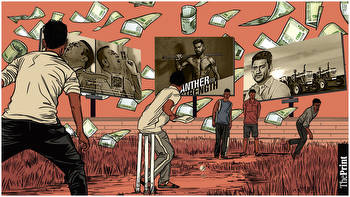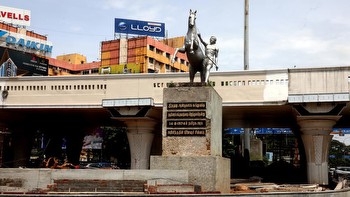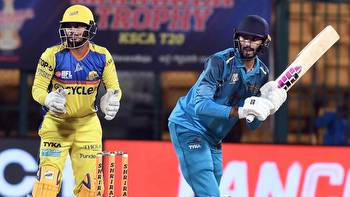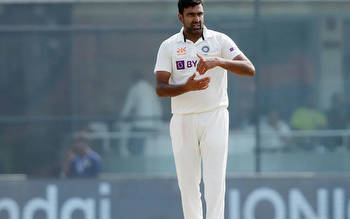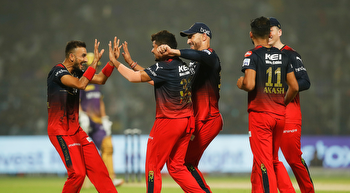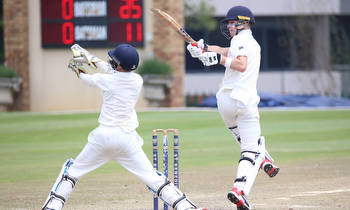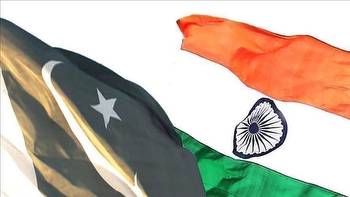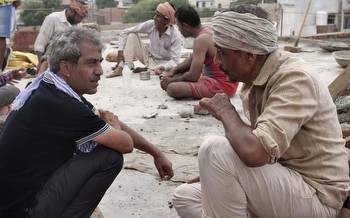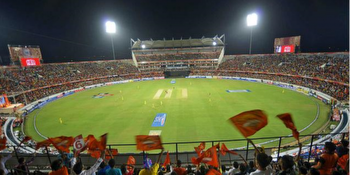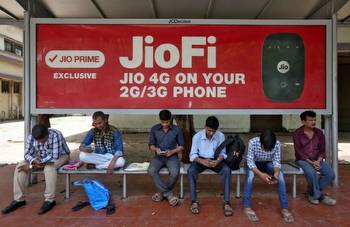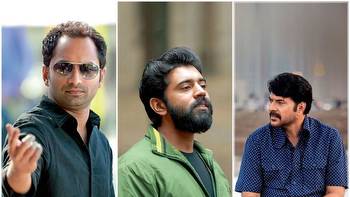How Rajinikanth and his film Kabali dominated the headlines in 2016
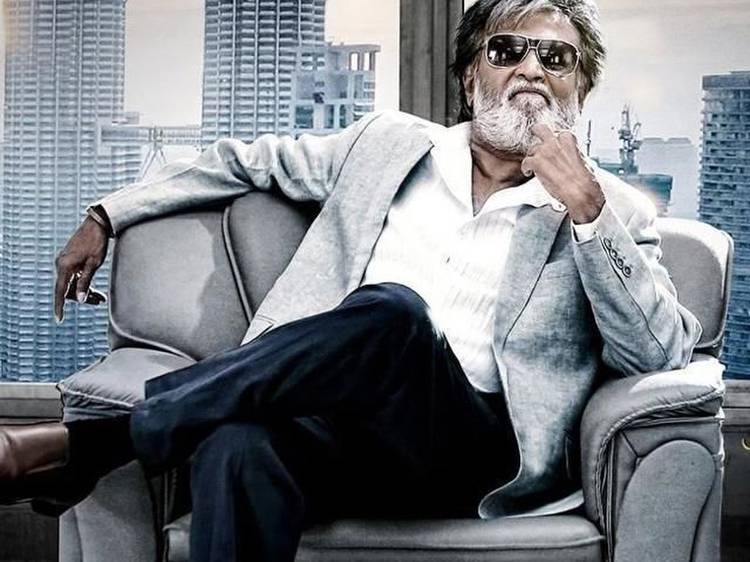
The year 2016 was an interesting one in the movie business in India with some films and stars registering in public consciousness like never before. One such a film was Kabali starring Rajinikanth which caught audience’s attention in the most unexpected way.
It was supposed to be a comeback vehicle for Rajinikanth like none other. His last two outings had all the trappings and the hype and hoopla that follows a big release, yet both Lingaa (2014) and Kochadaiiyaan (2014) were less than satisfactory.
The inflow of money was on an even keel – thanks to nature of today’s movie business that allows a bad product sail through because of satellite and music rights that help rake in the moolah – but everyone could see the telltale signs. Here was a star who was trying to cash in on his signature moves, dialogue delivery, et al – but what was missing were the characters that made these ‘antics’ meaningful. All of this meant one thing – dwindling domestic ticket sales.
With Kabali, however, all that was expected to change – for Rajinikanth was finally playing his age. It was an author-backed role where he essayed an ageing don fighting for the cause of Tamils in Malaysia.
Pre-release buzz
For his fans, Rajinikanth is God. Before his films release, the scene in Tamil Nadu turns carnivalesque. For Kabali too the drama would have happened and it did. But what was new this time was the buzz in the non-traditional markets – meaning the rest of India. Of course, it came nowhere close to a Hindi film but the very fact that multiplexes across Delhi and national capital region as well as Mumbai were willing to show the film on more than one screen tells something. Of course, it was for the Hindi dubbed version but that too isn’t a common practice. We, of course, know how Baahubali changed all that. Along with Sultan, Kabali was the top Google trends in 2016.
Biggest opening day for any Indian film
With its own star system and internal dynamics, southern cinema (Tamil and Telugu) has its own matrix. However, Kabali shook it all up. It garnered the biggest opening of approximately Rs 46 crore that any Indian film has got so far beating Salman Khan-starrer Sultan. It raked in as much as Rs 53 crore gross, Times of India reported.
National event
For his fans, the release of a Rajini film is no less than a festival. The drums are out, the hoardings and cut-outs adorn the roads, the milk baths happen – in short it is madness. Naturally then, witnessing fan frenzy in Tamil Nadu and wherever the Tamil diaspora was present was expected. But, with Kabali the enthusiasm reached crazy heights. All national media platforms – digital and television – gave it a coverage that they often reserved for mega events, say a cricket match between India and Pakistan. So unprecedented was the Kabali phenomenon that even international news websites and news agencies covered it.
What more, companies in Chennai and Bengaluru sensing the employees’ enthusiasm decided to declare a holiday on the release day. Bengaluru-based Opus Waterproofing and Chennai-based Fyndus India Pvt Ltd, to name a few, were quick to gauge the mood. Some even volunteered to provide free tickets in a bid to contain piracy.
“This was an internal company circulation which was sent out on Sunday. I could feel the eagerness in my employees, so instead of dealing with mass bunks and mobile switch offs, I came up with the idea of declaring a holiday on July 22 and be a part of the celebration. It would also serve as a motivation to my employees. Like Diwali bonus, we treated them to Kabali bonus,” Manoj Pushparaj of Opus Waterproofing told Hindustan Times then.
Innovative marketing
With nearly 600-odd releases in southern languages this year, it wouldn’t have been easy to get viewers’ attention. The makers of Kabali, hence, decided that innovation would be their best bet. The production house went into a deal with low-cost Malaysian airline carrier, Air Asia, and painted the body of the aircraft with Kabali posters.
A definite statement on Dalit identity
Early into the film, viewers see Rajinikanth reading My Father Balaiah, a poignant 2011 book by a Hyderabad-based Dalit professor on caste discrimination and untouchability, while serving a jail term. This was seen by many as acknowledging the rights of Dalits, hitherto unheard of, in mainstream Indian cinema.
His outfits too, reportedly, echoed Ambedkar’s fixation with western suits as a rejection of the ‘dhoti’, a garment worn by upper caste men in India.
ott:10:ht-entertainment_listing-desktop

